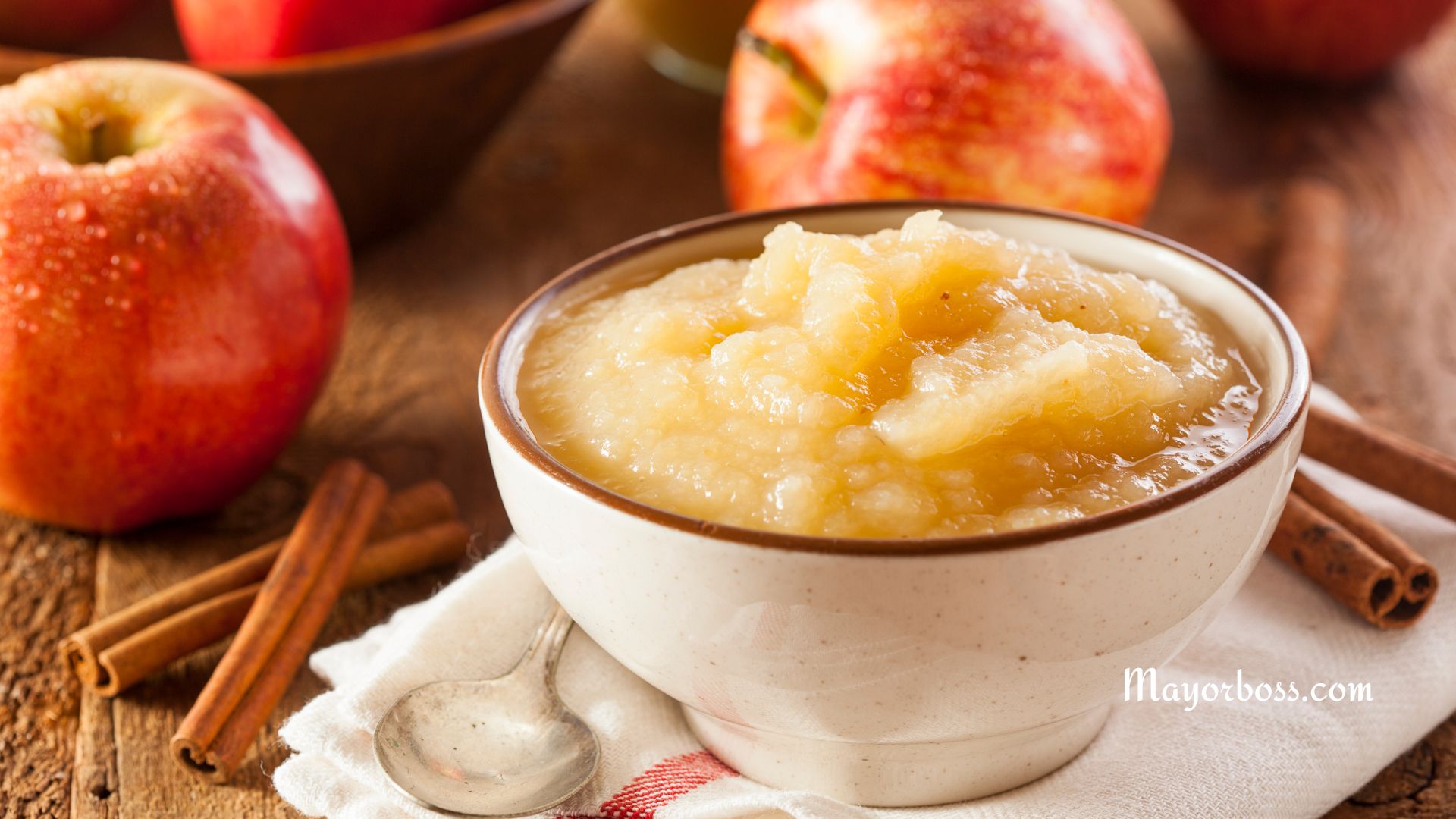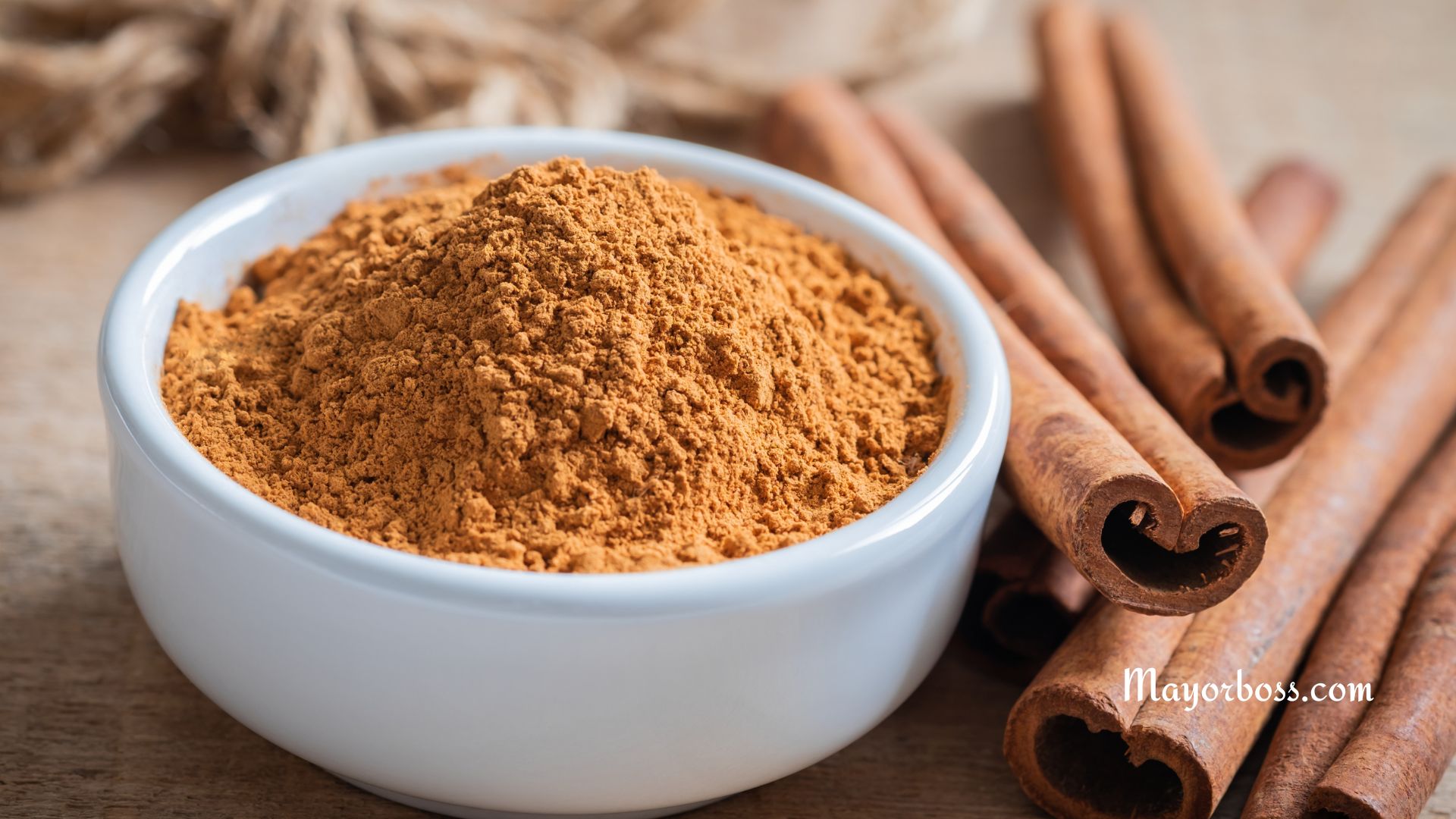Top 15 Health Benefits of Bananas
Bananas, one of the most widely consumed fruits worldwide, offer more than just their sweet, tropical taste. Specifically, these yellow delights are a powerhouse of essential nutrients and offer numerous health benefits. In this article, I’ll reveal the top 15 health benefits of bananas that might make you see this common fruit in a whole new light.
Key Takeaway
Bananas are a nutritious fruit, offering benefits ranging from improved digestive health and heart health to aiding in weight loss and enhancing mood. Regular consumption of bananas can greatly contribute to overall health and well-being.
15 Health Benefits of Bananas
1. High in Nutrients
To begin with, bananas are bursting with essential nutrients.
Specifically, according to the United States Department Of Agriculture (USDA), they’re an excellent source of vitamin C, potassium, vitamin B6, and fiber.
The nutrient-dense composition of bananas means that consuming them can help you meet your daily nutritional requirements, contributing to your overall health.
Here is a simple table showing the nutritional composition of a medium-sized banana (approximately 118 grams):
| Nutrient | Amount |
|---|---|
| Calories | 105 |
| Protein | 1.3 grams |
| Fat | 0.3 grams |
| Carbohydrates | 27 grams |
| Fiber | 3.1 grams |
| Sugars | 14.4 grams |
| Vitamin C | 10.3 milligrams |
| Vitamin B6 | 0.4 milligrams |
| Vitamin A | 76 international units |
| Potassium | 422 milligrams |
| Magnesium | 32 milligrams |
| Calcium | 6 milligrams |
| Iron | 0.3 milligrams |
This table gives a brief overview of the nutritional content of bananas, making it evident why they’re considered a nutrient-dense fruit.
They’re particularly high in potassium and vitamin C and also provide a good amount of fiber. The naturally occurring sugars in bananas make them a great source of quick, natural energy.
Please note that the exact nutritional composition can vary slightly based on the size of the banana and its ripeness.
2. Boost Digestive Health
Bananas, owing to their high fiber content, are beneficial for your digestive health.
Dietary fiber aids in the regulation of bowel movements, ensuring a healthy, functioning digestive system.
Regular consumption of bananas may help prevent digestive problems like constipation and can contribute to the maintenance of a healthy gut.
3. Aid in Weight Loss
Although bananas are often misconstrued as being high in calories, they can actually aid in weight loss.
Bananas are rich in dietary fiber, which promotes feelings of fullness and helps curb overeating.
A single banana can be quite filling, making it a good choice for a satisfying, low-calorie snack that can support weight management goals.
4. Improve Heart Health
Potassium is a vital mineral for heart health, and bananas are a fantastic source of it.
Potassium aids in controlling heart function and blood pressure, thus helping to decrease the risk of heart disease.
Regular intake of bananas can help maintain healthy blood pressure levels and contribute to overall heart health.
5. Provide Energy
Bananas are a tremendous source of readily available energy.
The natural sugars present in bananas — fructose, sucrose, and glucose — provide a quick and sustainable energy boost, making them an ideal pre-or post-workout snack.
6. Improve Kidney Health
The potassium in bananas also benefits kidney health.
Regular consumption of potassium-rich foods like bananas can help ensure proper kidney function and offer protection against kidney disease.
7. Enhance Mood
Interestingly, bananas can also positively impact your mood.
They contain a type of protein called tryptophan, which your body converts into serotonin — a neurotransmitter known for inducing feelings of happiness and relaxation.
So, the next time you need a mood lift, you might want to consider grabbing a banana.
8. Strengthen Bones
While bananas are not high in calcium, bananas do contain fructooligosaccharides, a type of prebiotic that enhances your body’s ability to absorb calcium.
This can contribute to better bone health and lower the odds of osteoporosis.
9. Improve Vision
Though not commonly known, bananas do contain modest amounts of vitamin A, an essential nutrient for maintaining good vision and eye health.
Regular intake of vitamin A-rich foods can help protect your eyes against age-related decline.
10. Antioxidant-rich
Bananas are an excellent source of antioxidants, including flavonoids, vitamin C, and amines.
These antioxidants help reduce inflammation and oxidative stress in the body, potentially lowering the risk of chronic diseases.
11. Aid in Blood Sugar Control
The pectin and resistant starch in bananas can help control blood sugar levels after meals.
They also slow stomach emptying, which can reduce appetite and help in weight management.
12. Soothe Stomach Ulcers
Bananas contain several compounds that can create a protective barrier in the stomach against harmful acids.
As a result, they can help soothe stomach ulcers and provide relief from associated discomfort.
13. Provide Relief from Heartburn
Due to their natural antacid effect, bananas can help soothe heartburn.
If you’re suffering from heartburn, a banana might just be the remedy you need.
14. Improve Skin Health
The wealth of nutrients in bananas can contribute to healthier, more youthful skin.
Vitamins A and C, in particular, are known for their skin-enhancing properties, and eating one to two bananas daily may lead to improved skin texture and complexion.
15. Enhance Brain Health
Bananas are an exceptional source of vitamin B6, a nutrient crucial for brain development and function.
Eating just eat one or two a day can help in the synthesis of neurotransmitters like serotonin and dopamine, thereby potentially improving mood, cognition, and overall brain health.
Frequently Asked Questions
What are the health benefits of eating bananas?
Bananas are loaded with essential nutrients such as potassium, vitamin C, vitamin B6, and dietary fiber.
They help control blood pressure, aid digestion, boost immune health, and provide energy.
When is the best time to eat a banana?
There’s no specific best time to eat a banana. However, eating a banana in the morning can give you a good start to the day with its energy-boosting nutrients.
A banana can also be a great snack post-workout due to its carbohydrate content.
Can I eat a banana if I’m on a diet?
Yes, you can eat bananas even if you’re on a diet. They are low in calories and fat, high in fiber, and can keep you feeling full for a longer time.
But remember, it’s all about balance. Eating too many bananas can lead to excess calorie intake.
Are bananas good for people with diabetes?
Yes. One or two medium-sized bananas a day are good for people with diabetes.
That’s because bananas are high in carbohydrates, which can raise blood sugar levels.
Therefore, if you have diabetes, it’s important to eat them in moderation and pair them with protein or healthy fats to slow down the release of sugar into your blood.
Can bananas help improve my mood?
Bananas, in particular, contain an amino acid called tryptophan which your body converts into serotonin, a brain chemical that can help enhance mood and promote relaxation.
Therefore, eating a banana might give you a slight mood boost.
Conclusion
In conclusion, bananas are an impressive fruit offering a host of health benefits.
They contribute to better digestion, heart health, weight loss, mood improvement, and even enhanced brain health.
As your guide to better health, I encourage you to incorporate bananas into your diet and reap the multitude of health advantages they provide.
However, it’s important to remember that bananas, like all foods, should be consumed as part of a balanced, varied diet for optimal health.






